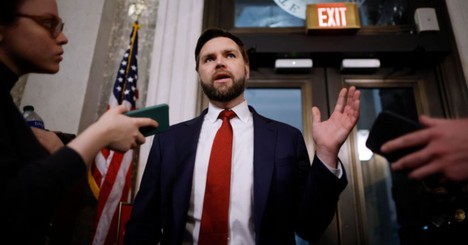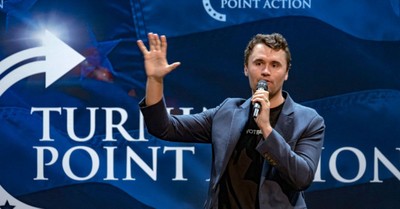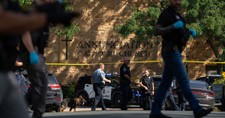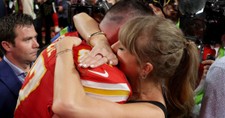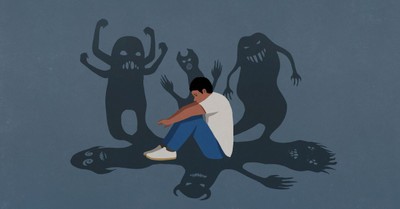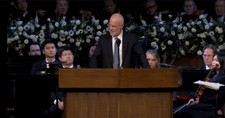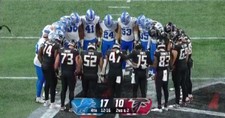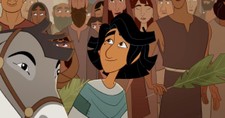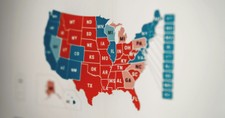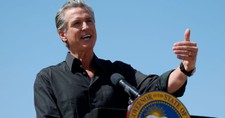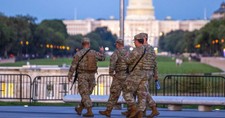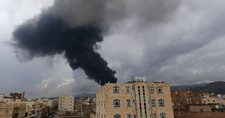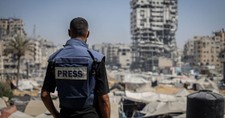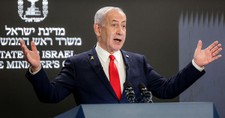
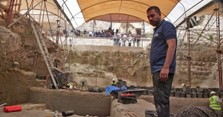
2,800-Year-Old Dam Linked to Biblical Kings Uncovered in Jerusalem
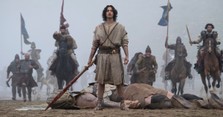
House of David Season 2 First-Look Photos Unveiled and ‘It Is Epic’

20 Years after Hurricane Katrina Salvation Army Recalls God’s Steadfast Presence in the Aftermath
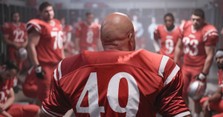
At 59, He Returned to Play College Football Fueled by His Faith in Jesus
Trending Articles
Recent News
John O’Leary Shares the True Story Behind 'Soul on Fire' and the Fire That Changed His Life Lessons on Leaving Legacies from the Christian Leaders Who’ve Gone before Us 2,800-Year-Old Dam Linked to Biblical Kings Uncovered in Jerusalem House of David Season 2 First-Look Photos Unveiled and ‘It Is Epic’ 20 Years after Hurricane Katrina Salvation Army Recalls God’s Steadfast Presence in the Aftermath J.D. Vance Defends Prayer after MSNBC Host Mocks Christians Responding to Church Shooting Mike Flynt Played College Football at Age 59 and Credits Jesus Lecrae Says Jesus Restored His Faith and Inspired New Album ‘Reconstruction’ At 59, He Returned to Play College Football Fueled by His Faith in Jesus
Trending Articles
Recent News
John O’Leary Shares the True Story Behind 'Soul on Fire' and the Fire That Changed His Life Lessons on Leaving Legacies from the Christian Leaders Who’ve Gone before Us 2,800-Year-Old Dam Linked to Biblical Kings Uncovered in Jerusalem House of David Season 2 First-Look Photos Unveiled and ‘It Is Epic’ 20 Years after Hurricane Katrina Salvation Army Recalls God’s Steadfast Presence in the Aftermath J.D. Vance Defends Prayer after MSNBC Host Mocks Christians Responding to Church Shooting Mike Flynt Played College Football at Age 59 and Credits Jesus Lecrae Says Jesus Restored His Faith and Inspired New Album ‘Reconstruction’
